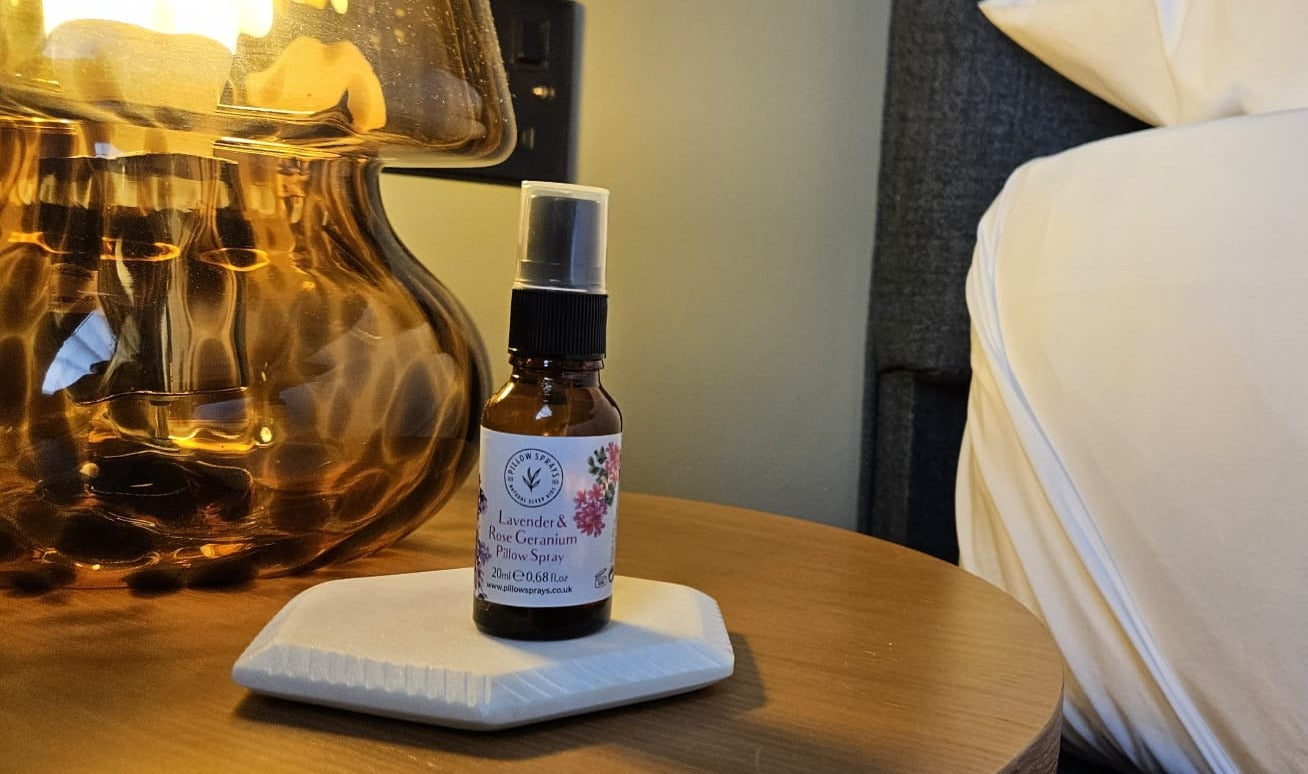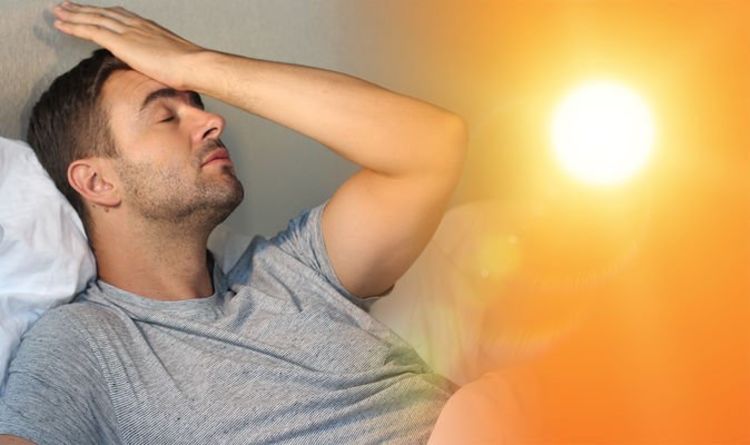
‘The Revenge of the Night Owls?’
, by Steven Crumblehulme MSc, MAR, 4 min reading time

, by Steven Crumblehulme MSc, MAR, 4 min reading time
How does genetics play a part in whether you are an 'early bird' or a 'night owl'? Is the world finally adapting to night owls?
Are you an ‘early bird’ or a ‘night owl’? Do you function better in the morning, or in the evening? In this blog post I look at a theory that our ability to function well at certain times of day (or night) may be more than simple preference. The theory is that our ‘chronotype’ is determined in part because of our genetics.
It isn’t a myth that amongst us we have so called ‘early birds’ and ‘night owls.’ Early birds are those that like to wake around dawn and can function very well doing so, starting to feel sleepy early evening. In contrast, night owls prefer to wake up late morning and remain awake until late at night, often the early hours of the morning. Many of us lie somewhere in between these two extremes.

For many years, night owls have got a bad reputation; one of laziness. Society often labels these people in this way as they may be more prone to arriving at work late, be less productive in the mornings and, when they finally start to function, it’s time to go home. But is this fair? Are we choosing to show a preference for these sleeping patterns or is it biologically determined?
Yes, is the short answer. Humans have evolved to have different sleep patterns. Usually, if you’re a night owl, one (or both) of your parents will also be. The reason we have evolved this way relates to Mother Nature’s cleverness. Years ago, when we lived in tribes, it would not have been wise to share the same sleeping patterns. Imagine the whole tribe falling asleep around 9pm and waking up around 5am. Whilst they are all getting their 8 hours sleep, they are also at risk of being attacked by predators for 8 hours. However, if the early birds went to sleep around 9pm, and the night owls went to sleep around 1am, when the early birds arise at dawn (at around 5am, for example) they would have reduced their risk of attack by 50%.
And so, in the present day, the theory goes that we have this evolutionary throw-back of early birds and night owls. Due to the survival of the fittest, tribes adapting to have members with both early birds and night owls has led to these sleeping patterns still in existence today. A 2019 study by Jones et al identified as many as 351 different genetic factors which contributed to this. Therefore, all you night owls out there can breathe a sigh of relief and blame your lateness on Mother Nature!

The problem is that much of the time, our working world revolves around a 9-5 schedule, which suits early birds down to a tee. Throughout this period, their pre-frontal cortex is able to function more efficiently as they have been awake for longer initially, and so it has had time to ‘warm up.’ Night owls, on the other hand, are only just coming to by the time they arrive to work at 9am.
But the world is changing, especially as work patterns evolve. More of us are working from home, meaning we are gaining time in the morning when we would have been commuting. For some of us, this gain in time is significant, and so night owls can gain as much as 1-2 hours of extra sleep in the morning, enabling them to be in line with their chronotype (biological sleep pattern).

Self-employment is also becoming a more popular option for working, as we can schedule our own hours – perfect for those night owls that sleep until late morning but who work later into the evening. Many companies are now realising that flexible working hours gets more out of their employees. By allowing employees to choose, employers can gain far more productivity and efficiency out of their staff as they are working more in-line with their biological sleep type.
So the question is, as the 9-5 routine slowly goes the way of the bowler hat and the pin-stripe suit, are we witnessing the revenge of the night owl?!
What about you? Are you a night owl or an early bird? Has this always been the case or has it changed over time? Let us know in the comments below.
All Blog posts are written by Steven Crumblehulme, the founder of Pillowsprays. Steven has a background in Cognitive Psychology and Holistic Therapies. The Pillowsprays range is a selection of products made using premium essential oils to help you sleep better, naturally.


